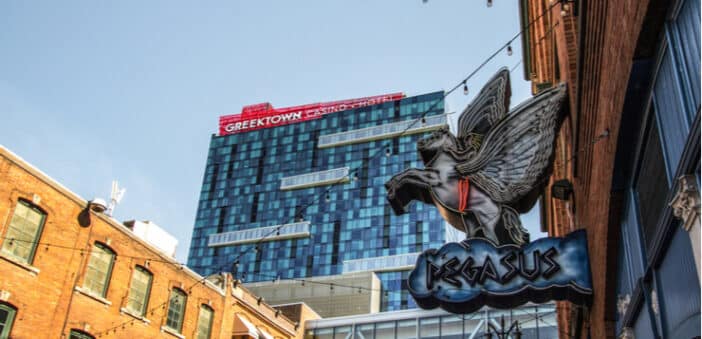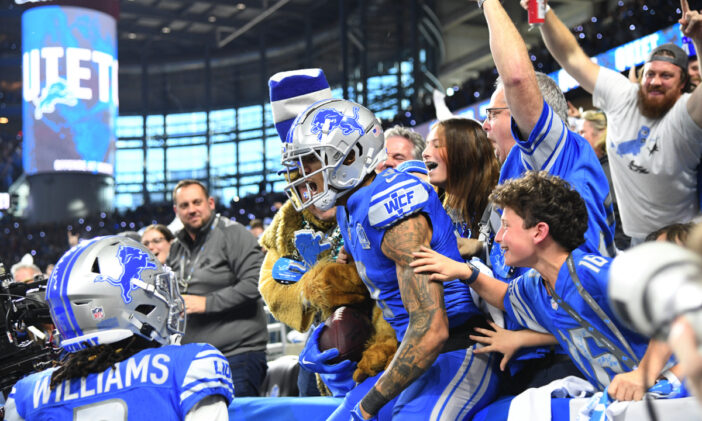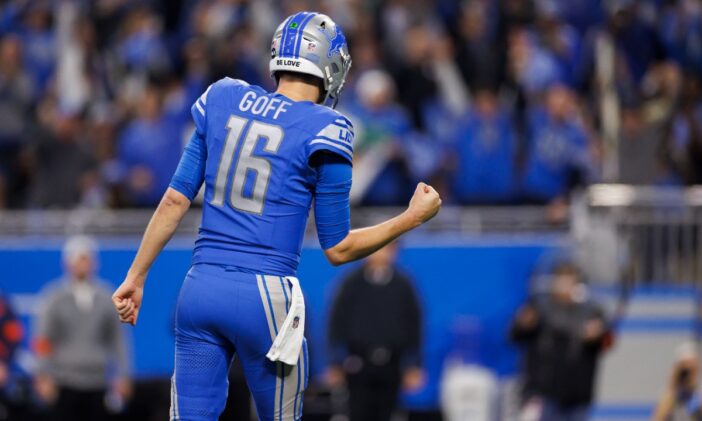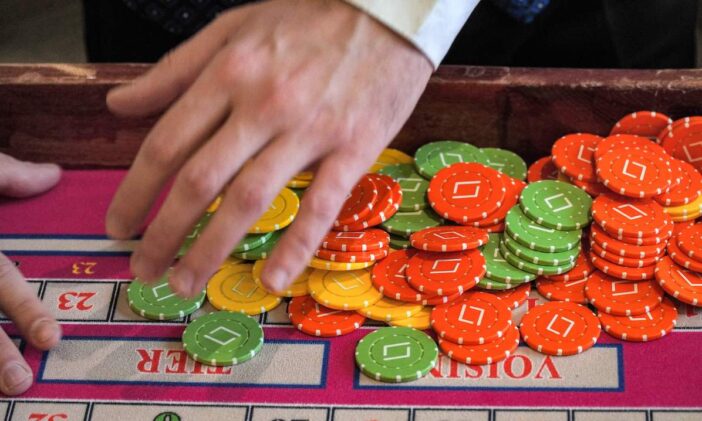People who bestowed lifetime Detroit casino bans upon themselves are now able to reverse course, provided they spent at least five years on the state’s Disassociated Persons List, the Michigan Gaming Control Board announced Wednesday.
Under a new law, Public Act 225 of 2020, people who voluntarily banned themselves from Detroit’s three casinos – the MGM Grand Detroit, MotorCity Casino Hotel, and Greektown Casino-Hotel – can now apply to have that ban lifted.
“Previously, the state used criminal law to combat a gambling problem for a lifetime, which is an expensive, harsh way to deal with an addiction,” Richard Kalm, the executive director of the MGCB said in a press release. “A lifetime ban actually may deter some people from signing up. For others, their life circumstances may have changed. Of course, people with gambling problems may request removal and resume behaviors they sought to prevent by going on the list. I’ve received many requests over the years from people on the Disassociated Persons List who wanted to remove their names, but state law did not offer the option until the new act was signed Oct. 16.”
Anyone who wishes to remove their name from the Disassociated Persons List can do so by following the steps on the MGCB website.
Helping players ahead of online gambling launch
Michael Burke, the president of Michigan Association on Problem Gambling, said this decision may actually help problem gamblers in the future.
“The majority of our board felt the Disassociated Persons List lifetime ban in Michigan may have acted as a deterrent to gamblers who may be more likely to sign up if they have other self-exclusion options such as a two- or five-year ban available,” Burke said in the release.
One important caveat: Applying for removal does not guarantee removal. The MGCB can deny the request if A) the form isn’t completely filled out or B) the five-year minimum has not passed. The MGCB has 30 days from the time of receiving the completed form to make its decision. For would-be new (old) casino-goers, questions concerning the process can be directed to MGCB-DPL@michigan.gov. Additionally, even if the MGCB grants the removal request, the three Detroit casinos reserve the right to withhold gambling privileges. If that’s the case, the person would have to petition the casinos directly.
The Disassociated Persons List is not tied to the dozen casinos operated by the federally recognized tribes in Michigan, which are regulated under federal law, not the MGCB.
Since the inception of the Disassociated Persons List in 2001, 4,825 persons have voluntarily banned themselves from the Detroit casinos. Of those, a mere 54 have done so this year.





